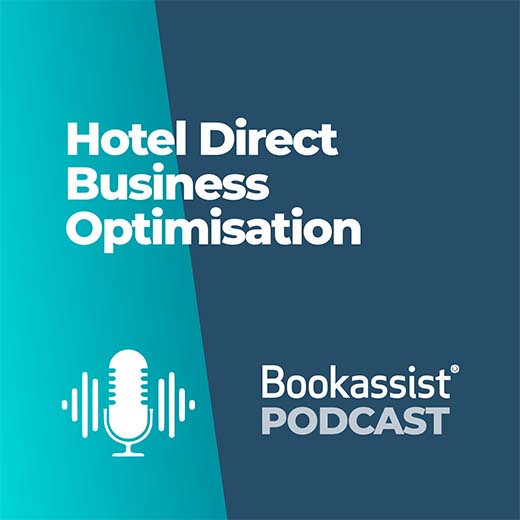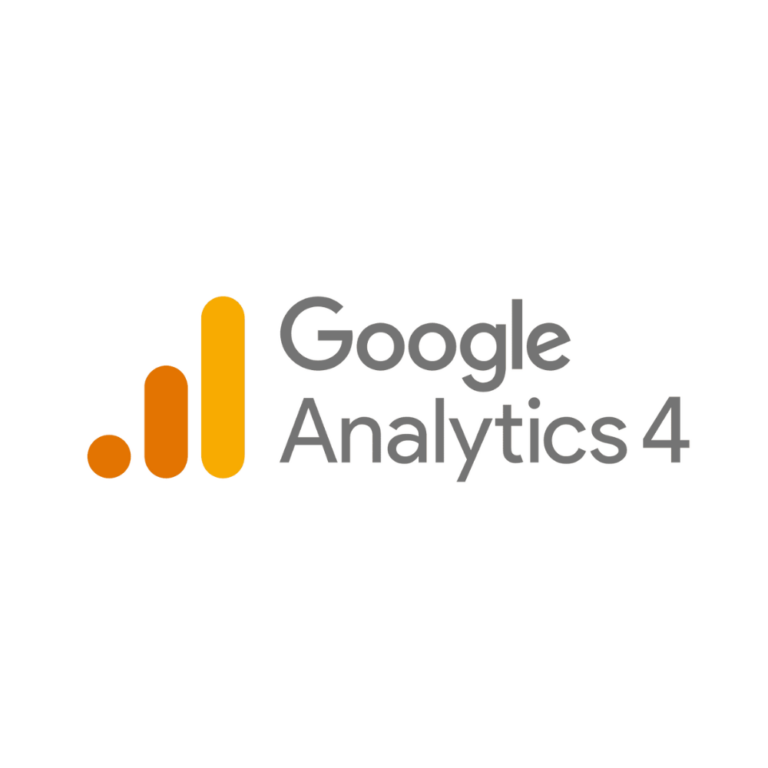Meta search for travel has actually been around in various formats for quite some time, particularly for flights, though airlines like Ryanair have taken considerable steps to thwart them. Recent news shows that Skyscanner, for example, is expected to massively grow and also expand into hotels. The first model in the meta search arena was introduced by Sidestep in 1999, in the format of a downloadable widget. The basic comparison principle has remained much the same since then, but the model is becoming ever more sophisticated as technology develops and meta search presence is now becoming an integral part of customer acquisition strategy for hotels. The most popular sites for accommodation at the moment include Google Hotel Finder, TripAdvisor, Kayak & Trivago, all of whom offer real time availability and pricing from multiple sources to their users, thereby allowing the user to make an informed decision with minimal effort. Consolidation in this space has been rife recently, with smaller sites being acquired by some of the bigger players, and new entrants to the market quickly grabbing a huge presence in the consumers’ decision making process.
The Third Way Online for Hotels
For consumers, the development of meta search was clearly a useful tool in their search process, but for hotels the advantages weren’t initially so clear. The rates and availability being displayed were usually taken from OTA sites, so although the hotels might be getting bookings through meta search, they were coming at a high price – up to 25% commission in some instances. This all changed recently as the meta search providers allowed for integration with the hotel’s own inventory, thus enabling direct contact between hotels and consumers. The introduction of this integration changed the meta search model from being just another distribution channel to becoming a key marketing channel for hotels. Note that hotels can’t directly integrate themselves with most meta search sites – they need to be using a hotel representation service, such as Bookassist, that can manage the data and integration for them in a structured and automated way. Hotel representation companies such as Bookassist have integrated with Google Hotel Finder, TripAdvisor, Trivago and others to allow Bookassist client hotels’ inventory and rates to be fed automatically and dynamically to the meta search sites, allowing hotels to compete head to head with the OTA pricing on those sites. For hotels, meta search can therefore be viewed as the “third way” online, sitting right in the middle between the direct model on the one hand, where the customer books directly on the hotel’s own website, and the indirect online travel agent (OTA) model on the other hand, where the customer browses and books on a single branded OTA platform such as Expedia or Lastminute.com. Meta search can hold back the OTA influence a little, and drag the hotel directly in front of the consumer.
Game-Changing Marketing Opportunity
As a marketing channel, meta search interacts with users at most stages of their research and decision making process. So whether a user goes directly to a site such as Trivago, or if they are doing a general search in Google, or even if they are looking at reviews in TripAdvisor, there is an opportunity for hoteliers to be directly present with their live rates, and the chance to bring the user directly to the hotel website booking page. Once a hotel is working with a company such as Bookassist, pages on TripAdvisor where they can expect their rates to appear include their own hotel page. They will also appear on generic location pages on TripAdvisor, for example ‘Paris Hotels’, but the level of exposure on these type of pages will depend on how highly ranked the hotel is in within TripAdvisor itself. Ranking is always king on TripAdvisor. Google offers a bewildering array of placement opportunities once your hotel is using an integrated service like Bookassist. Rates can appear on Google’s Hotel Finder, on Google Maps, on Google+ Local, and in Google Universal searches. In this case the ranking of the placement relative to the OTA offerings will specifically depend on the price of a double room for the dates chosen by the customer, and on the bid placed for the potential click by the representation company managing the listing on the hotel’s behalf. This has the potential to be a game-changer for hotels – why would a user go to an individual OTA website when they can check multiple OTA offerings in one place using meta search? Hotels can now compete on an equal footing with OTAs, particularly when it comes to users specifically researching the hotel brand, but they need to understand the medium first and partner with an experienced provider such as Bookassist.
Practical Details
Getting set up to appear on meta search sites is relatively straightforward, but as mentioned, needs to be done via a representation company that has established a trusted integration with the meta search site. The system generally works on a pay per click model, with the hotel charged every time a user clicks through to their booking page, similar to the Google Adwords PPC model. If a user does not click then there is no charge for the exposure. So it’s still valuable free advertising. Managing these campaigns is a skill that requires experience in the online marketing area, in particular with meta search marketing, so we would advise partnering with a provider that offers a robust integration as well as marketing expertise to get the most from your marketing budget. Budgets for meta search marketing vary significantly by property, but the costs are not prohibitive. A budget of €500 each per month usually provides good exposure on Google Hotel Finder and on Tripadvisor. However, participating in meta search marketing is not something you should set up and forget about. In order to generate a good return you need to ensure good availability and rate parity or better, as well as a good user experience when they arrive at your booking page or landing page. The click delivery is the meta searchers’ job, but conversion of the customer is still yours.
When looking at the return on investment, it is also critical to factor in the commission costs that were saved by diverting a user from booking through an OTA to booking direct on the hotel site. For example, through an OTA your booking may have been at something near 20%, while through your website it could be at 5% or less depending on your service levels, plus the click charges you incur. As an example, enter your own figures in Table 1 and see what can be achieved. The savings of course need to also contribute to website costs and management fees, but it still is significant. Getting this right on a regular and consistent basis means that there is a considerable ongoing benefit to be had. What’s more, since the customer converted has booked on your own website, you now have their details for future marketing. This customer is now your customer, not an OTAs customer, which presents further opportunities for brand building and re-marketing in order to capitalise on life-time value.
Bottom Line
Meta Search marketing is a great opportunity for hotels. To ensure you get clicks, you need to be focused on pushing the best rates and always having last room availability. Remember that a click is wasted unless you can work hard on ensuring conversion through proper website design, specific targeted landing pages, and a booking engine layout designed to convert. Returns are still low compared to PPC, but this will inevitably build. Right now we are seeing returns of about €5 per €1 spent, far short of the PPC ROI we typically achieve for our clients. But it is early days and the trend has been continually upward. Meta search is one of so many online marketing approaches, all of which need to be tackled and optimised. It is important to partner with an experienced provider, with a proven track record in online marketing and strategy, in order to really maximise the returns on your investment and to be kept informed of the latest trends and opportunities in the area. —
Ciaran Rowe is Senior Search Strategist, and Dr Des O’Mahony is CEO and founder at Bookassist (bookassist.org), the award-winning technology and online strategy partner for hotels worldwide.





